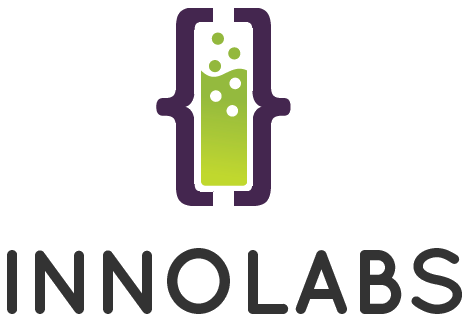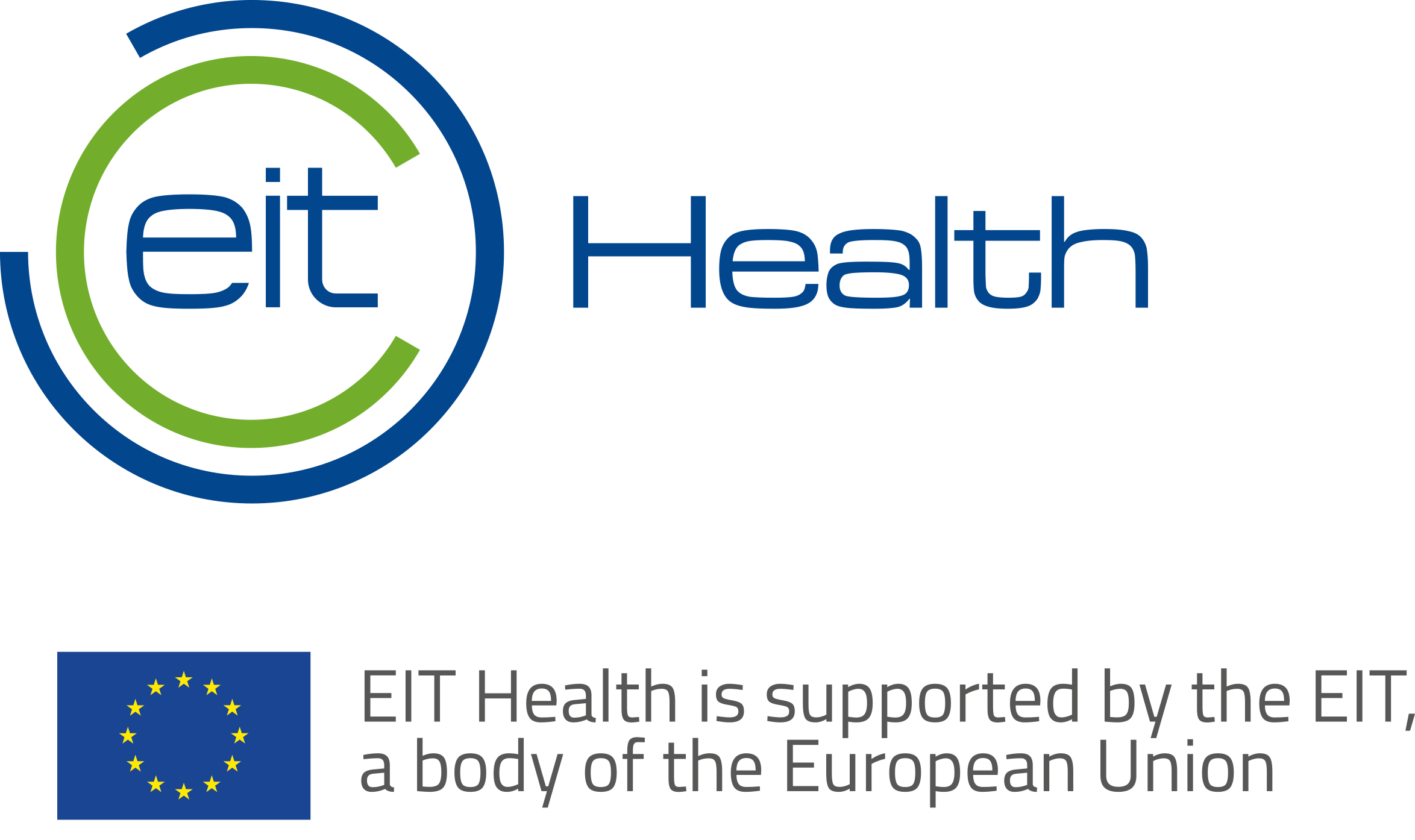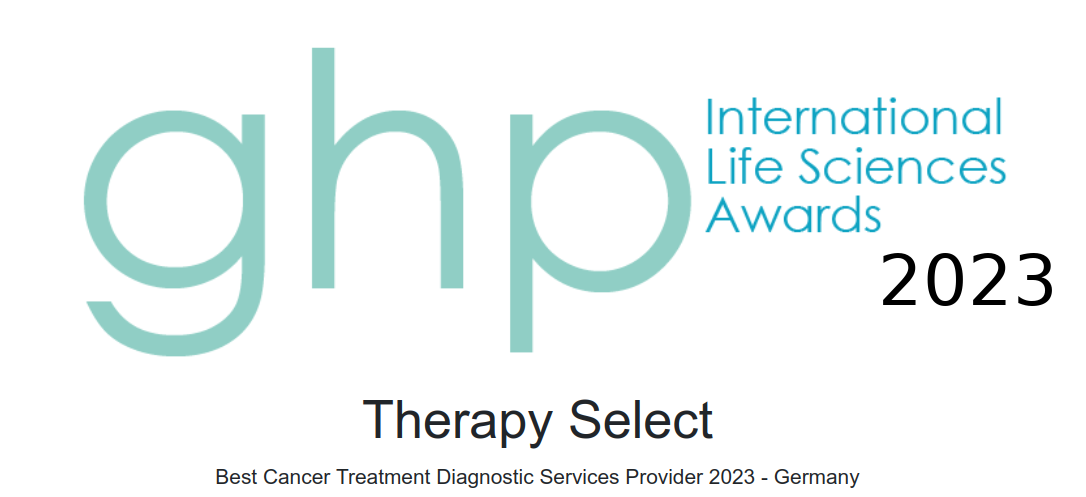Cancer is considered as one of the most serious diseases of our time. Not only the disease is almost always fatal, its treatment also presents an enormous challenge, as there is no patent remedy that works for everyone. There is a variety of different cancer types, and the disease develops differently from person to person. All these factors therefore require individual treatment planning for each patient. However, there are a number of established procedures that are used to cure the cancer or at least stop tumor growth.
The three proven Therapeutic Approaches to fight against Cancer
The fight against cancer is currently based on three treatment approaches, also referred to as "pillars of cancer therapy". During surgery or surgical procedure, the doctor attempts to remove the cancerous tissue by mechanical means. The spectrum of concrete measures varies from minimally invasive procedures to complex interventions in which affected organs are completely removed.
As part of the irradiation treatment, the part of the body where tumor is located is exposed to irradiation which is harmful to cancer cells. In addition, there are other radiation-based methods such as hyperthermia, in which the affected parts of the body are deliberately overheated.
Chemotherapy uses drugs (called cytostatics) to aggressively fight against cancer cells. The goal is to kill the cancer cells or inhibit their proliferation. In most cases patients are treated with a combination of several active ingredients whose effects are complementary at best.
A New Way to Cure Cancer: Immunotherapy
One of the most perfidious features of cancer is that the tumor cells develop from healthy human cells. For this reason, they are not identified and combated as "enemies" by the body's immune system. Cancer research is tackling this problem by the immunotherapy approach: the immune system should learn to recognize and attack cancer cells as foreign bodies via drug application or vaccination.
According to recent findings, immunotherapy is a very promising approach to cure cancer. However, relevant procedures are still in the research phase, so that a widespread use of this form of therapy is not to be expected in the near future.
Diagnostics for Individual Therapy Design
In principle, it is crucial to detect cancer at an early stage. Cancer indicators include various tumor markers, which can be reliably detected, especially in blood or tissue samples.
If the diagnosis is cancer, it is inevitable to create a treatment plan on a case by case basis to maximize the chances of recovery. It is important to adapt the treatment to both the type of cancer and the specific circumstances of each patient. TherapySelect provides diagnostic tools to assist physicians and patients in this process.
Especially with regard to the selection of suitable chemotherapeutics, we offer two renowned test methods:
For the CTR-Test® (Cancer Therapy Response - Test), cancer cells are taken from the patient, on which a specific drug is tested. This makes it possible to determine with high reliability whether the cancerous tissue is resistant to the corresponding drug.
The PCDx™, on the other hand, evaluates a variety of tumor cell biomarkers to predict the expected efficacy of a given drug.




